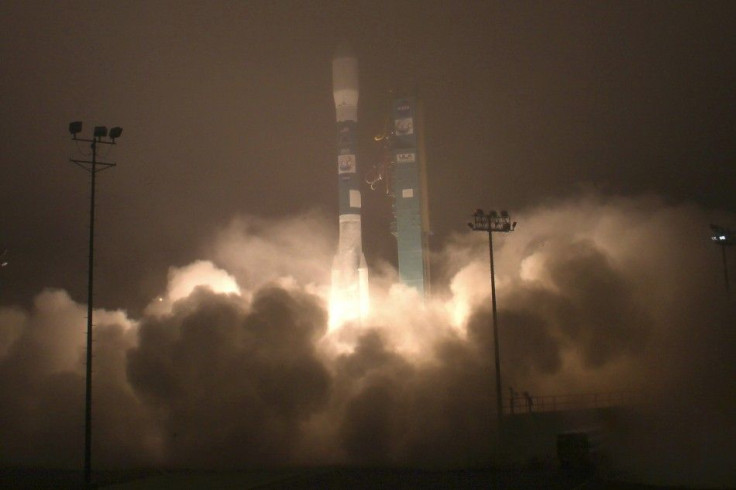Climate Change Deals Signed Between U.S., China; China Vowed to Cooperate But ‘Compromise’ Still Far Away

The United States and China on Tuesday entered into a deal, vowing to reduce their respective greenhouse gas emissions, even as China reiterated it should not be subjected to the full implementation and extent of the rules.
The world's two biggest carbon emitters signed eight partnership pacts that will focus on carbon capture utilisation and storage, as well as more efficient energy smart grids.
The deals involve companies and research bodies from both countries.
"The significance of these two nations coming together can't be understated. We are working hard to find a solution together that can have an impact on the rest of the world," U.S. Secretary of State John Kerry said.
However, China believed it should not be subjected to the same extent as on that would be imposed on other greater and bigger countries.
"We are in different development stages, we have different historical responsibilities and we have different capacities," China's chief climate official, Xie Zhenhua, told reporters.
China has consistently insisted that as a just developing country, it should be given leeway on its emissions caps. The U.S., however, has maintained that regardless of its developing status, China should be held accountable for its emissions given that it has sometimes surpassed the U.S. as the world's biggest emitter of carbon dioxide by virtue of its burning coal, oil and gas.
"It's one of those conversations that just goes on and on, doesn't stop," U.S. special envoy Todd Stern told AP.
He likewise admitted the two global carbon emitters arrived at no "concrete numbers" for post-2020 reduction targets.
"I have to emphasize to you nothing that the United States does alone, nothing that Europe does alone, nothing that any country does alone will be able to do the job," Kerry said in remarks after the signing session.
The U.S. and China likewise agreed to conduct a study on the use of gas in industrial boilers.
The deals are part of efforts between the two countries ahead of the United Nations climate change talks in Paris in 2015.
The signing was attended by Xie Zhenhua, vice chairman of China's influential economic planner, the National Development and Reform Commission (NDRC), Todd Stern, the lead U.S. climate treaty negotiator at the U.S. State Department, Obama adviser John Podesta and Lee Zak, director of the U.S. Trade and Development Agency.





















